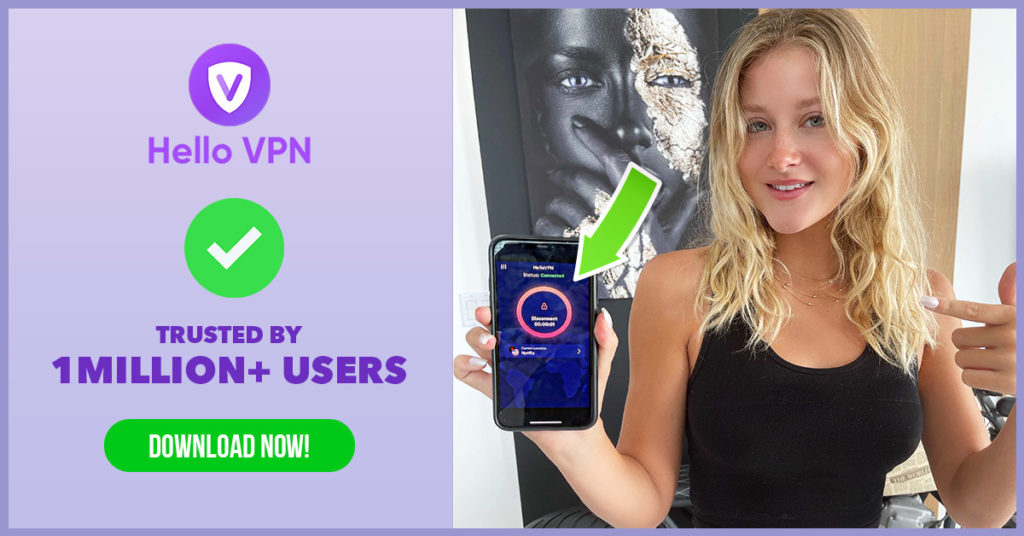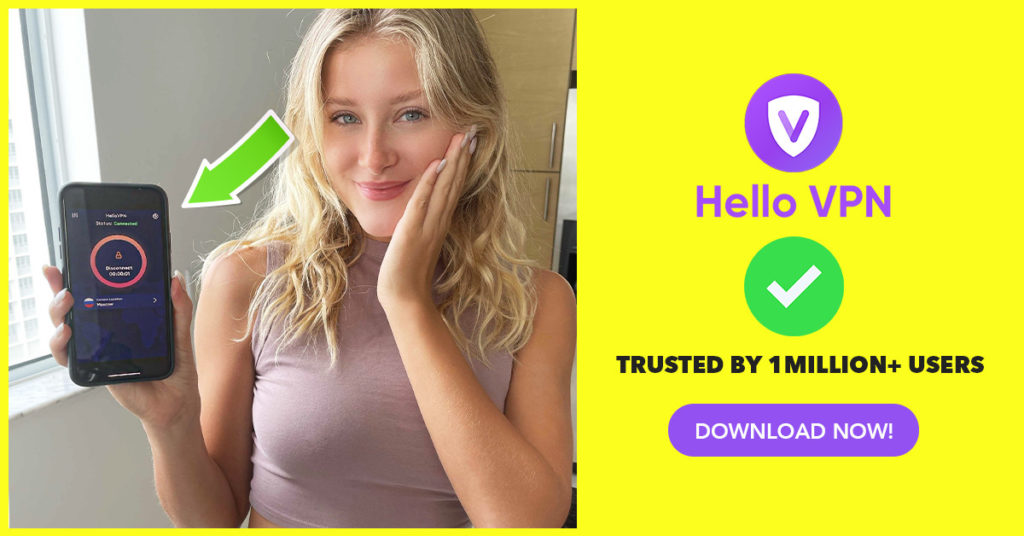Why do I need VPN? The answer to this is simple. The internet is a public space. It means that anyone can see your online activity and collect information about you.
This includes your IP address, which reveals where you are located. Your ISP also knows what websites you visit or any other data related to your online activity.
You can use VPN to protect yourself from this exposure of personal information while browsing the web or using apps on smartphones and tablets. A good VPN service will hide all these details by encrypting their traffic so no one else can access it without permission.
This article will take you through some of the whys about VPN that you should know.

INDEX
1-Why VPN Connected But Not Internet Access?
2-Why VPN Is Used In Mobile?
3-Why VPN Disconnects Frequently?
4-Why VPN Is Important?
5-Why VPN Is Not Working?
Why VPN Connected But Not Internet Access?
The most common problem with VPN is not getting access to the internet when connected. When there’s no internet, you cannot use a VPN service.
However, this doesn’t mean that there is a problem with the VPN service itself. It means you need to check your device’s settings for internet access after connecting to VPN and solve the issue if it exists.
Why VPN Is Used In Mobile?
Almost all smartphone’s operating systems have built-in features for accessing VPN. With a good VPN service, you can enjoy a secure and private surfing experience on your phone or tablet.
People use VPNs to maintain the privacy of data they send online, such as emails or data transmission via apps.
And mobile phones are increasingly used to carry out all sensitive information. That’s why privacy protection is a must.
Additionally, a mobile is a traveler’s friend and having a VPN on your portable device is a smart way to secure your data.
Why VPN Disconnects Frequently?
It’s true that almost all VPNs work the same way. You connect to a server, and whenever you do it, your IP address is masked. The main reason for disconnection issues is unstable connections or bandwidth restrictions.
VPN service providers usually have bandwidth limitations. This means that if you exceed the limit by using a VPN, your internet connection will not work well.
That’s why, while using free VPNs or low-quality paid ones, you may experience frequent disruptions and bad connections.
Also, VPN doesn’t use single bonding. If your device can connect via the Wi-Fi and mobile data simultaneously, you should connect via Wi-Fi only. That will help to prevent bandwidth and connection speed loss.
If your VPN provider doesn’t have some bandwidth limit, then the problem could be unstable connections and disconnections. Make sure you choose a good provider such Hello VPN which is the best and fastest VPN available.

Why VPN Is Important?
VPN is important because it protects you from data theft. Your data is encrypted when you connect to Wi-Fi or a mobile network; no one can intercept it. You don’t have to worry about information leakage or other security threats that come with internet use when connecting through a VPN. VPN also provides servers in different countries, a high level of encryption and the ability to track blocked sites.
A VPN also adds security and privacy to private and public networks, including Wi-Fi hotspots and the internet. Using a VPN, your IP and location will be masked, and no one can track your activity on the internet.
Why VPN Is Not Working?
There could be many reasons for your VPN not to work because they’re not immune to failure. Everything does not always go as planned.
Once you enter data into your VPN username/password field in the official client, it’s obvious that you wish to connect to a server.
If there is no internet access or site blockage on your location, you won’t be able to establish a connection through a VPN.
Internet connectivity is one of the main reasons for your VPN not to work. You can make sure by unblocking some different websites and see whether you will be able to connect to them or not.
